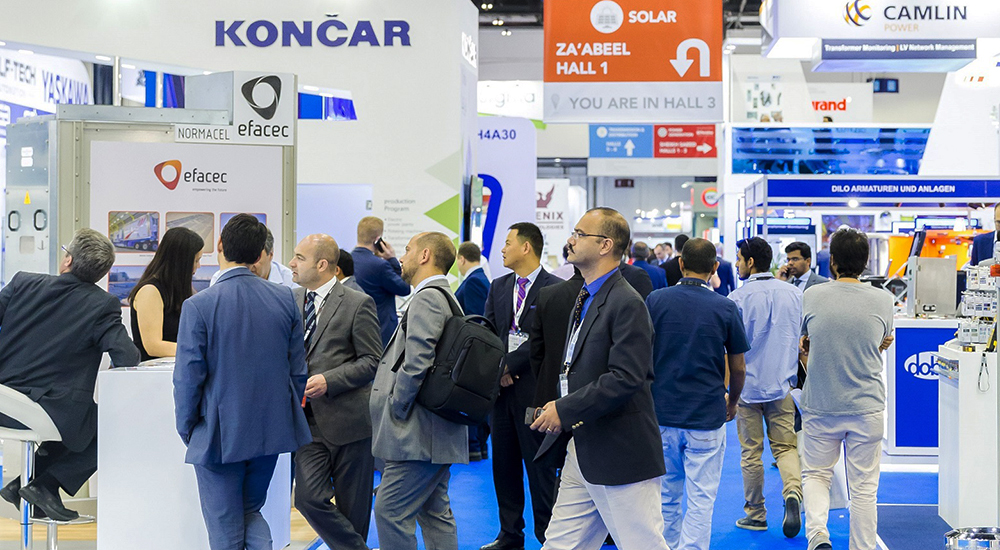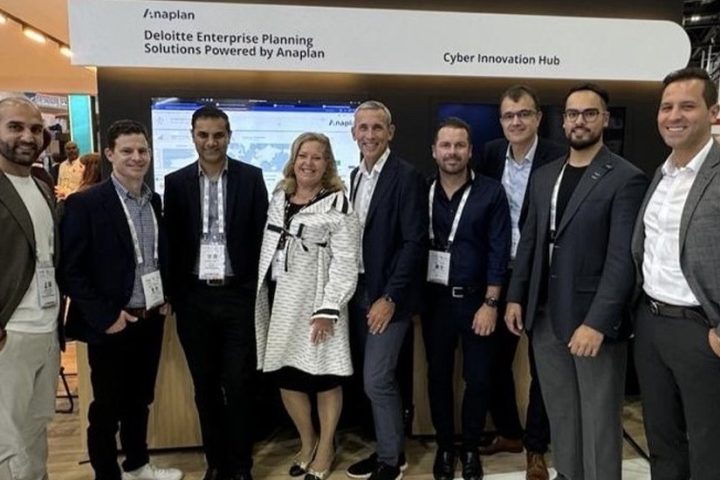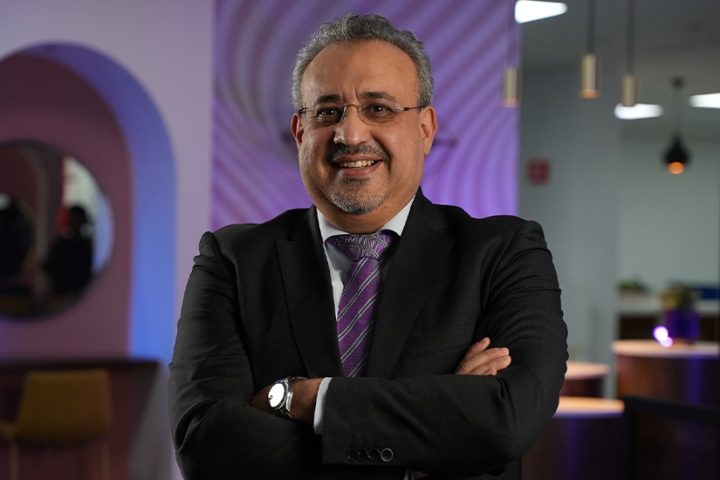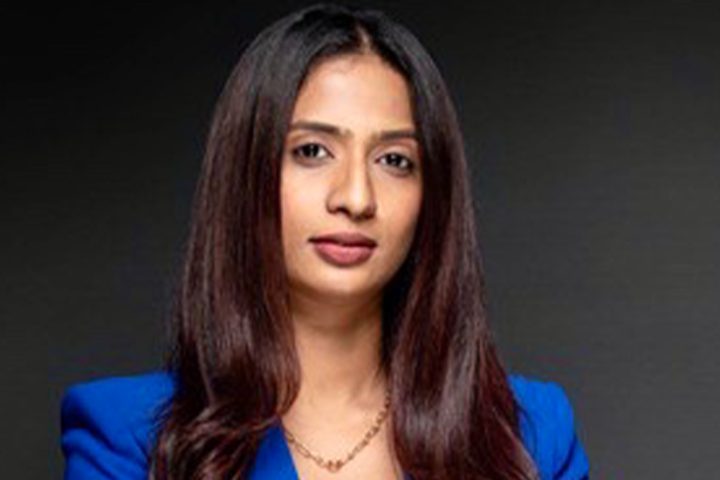The GCC could save up to $10 billion in infrastructural investment in the coming year through the use of smart grids, according to the MENA Power Industry Outlook. The report, prepared by Ventures Onsite for Middle East Electricity, the world’s largest annual power industry trade platform, says the development of smart grids is one of the most important steps towards improving electricity diversification and conservation in the GCC.
The report also forecasts the value of the GCC smart grid market will grow to $1.68 billion by 2026 as regional governments step up their deployment of smart grid infrastructure amid heightening demand for energy storage systems. The major shift towards smart grids and their reliance on energy storage systems will come under sharp focus at Middle East Electricity 2019, which runs at Dubai World Trade Centre DWTC from March 5-7.
One of the most important steps towards improving electricity diversification and conservation in the GCC is the development of smart grids. It is estimated that GCC countries can save up to $10 billion in infrastructural investment by 2020 through the use of smart grids. According to TechSci Research, the GCC smart grid market, which is gaining prominence, is projected to grow to $1.68 billion by 2026 due to the deployment of smart grid infrastructure by GCC governments. Energy storage systems are also becoming attractive in the GCC as it forms a crucial component in the development of smarter grids.
The GCC countries’ grid inter-connectivity is expected to generate $33 billion in investments, economic and energy savings over the next 25 years. The GCC Interconnection Authority reported that the grid interconnection contributed over $1 billion in savings over the past three years. Currently, the GCCIA is working on the development of the GCC region’s power market. The GCCIA has reported an increase in the use of its grid for electricity trading rather than only for exceptional transfers to prevent local supply outages. Moreover, growth in the GCC renewable energy market is expected to act as a driver towards adoption of smart grid technologies.
(Source MENA POWER INDUSTRY OUTLOOK 2018)
This critical dynamic is why energy storage and management is a dedicated pillar at Middle East Electricity 2019. With growth in the GCC renewable energy market expected to also drive smart grid technology adoption, the energy storage and management segment will run in close collaboration with the dedicated solar segment.
Such is the overwhelming global interest in energy storage and management, Middle East Electricity 2019 will launch a dedicated technical seminar addressing solar and energy storage and management solutions – the latest addition to the show’s powerful Knowledge Programme. Organised by Intersolar, the free-to-attend seminar, included for the first time in the event’s programme, will focus heavily on grid-tied PV system design, battery maintenance and regeneration and PV systems operations and management.
Intersolar is also organising a dedicated electrical energy storage conference, examining renewable energy storage solutions, from residential and commercial applications, to large-scale storage systems for stabilising grids. Pressing industry issues to be addressed include: how energy storage can help ensure high-quality power supply for unstable networks and remote areas; the impact of PV and storage on integrated energy solutions, while Germany’s NGK Europe will present a case study on the 650MWh of NAS batteries already installed in the Emirates. Energy storage and management is one of five focused sectors of Middle East Electricity with the remaining four covering power generation; lighting, transmission and distribution and solar.
“Widely recognised as the future of the energy sector, smart grids will be one of the most crucial issues under examination at Middle East Electricity 2019, both on the exhibition floor and in tailored conference sessions,” said Claudia Konieczna, Exhibition Director, Informa Industrial Group. “Their adoption is an integral part of the region’s smart city ambitions; smart grids are essential in managing robust energy demand and mitigating the impact of climate change and global warming. Smart grids enable nations to meet their obligations under the Paris Accord.
“Whilst the adoption of renewables continues to rise, the ongoing challenge faced by government, utilities and even commercial projects is locking in the energy generated to provide reliable, on-demand power. A whole range of international manufacturers have signed up for the show to demonstrate the latest innovative and cost-effective technologies informing this vital segment.”
“Our speakers are leading international and regional experts at the sharp end of energy storage and management progression. Their collective experience will be invaluable to all others operating in the sector whether adopters, solution providers or technical planners,” added Konieczna.
More than 60,000 industry professionals are expected to visit the 2019 edition of Middle East Electricity, which is now in its 44th year. Some 1,600 leading manufacturers and suppliers will pack the event, which is held under the patronage of HH Sheikh Maktoum Bin Mohammed Bin Rashid Al Maktoum, Deputy Ruler of Dubai, and is hosted by the UAE Ministry of Energy.

Speakers
- Hisham Wyne, Chief Content Creator, HWM, UAE
- Markus Hoehner, CEO, International Battery and Energy Storage Alliance, Germany
- Marc Guirguirian, Solar Sales Manager, Socomec, France
- Florian Mayr, Partner, Apricum GmbH, Germany
- Vikas Bansal, Head of Business Development, Sterling and Wilson Solar Private Limited, UAE
- Abderrahim Jamrani, Engineering Director, MASEN, Morocco
- Dr Mustapha Taoumi, Key Technology Expert in the EU GCC Clean Energy Technology Network
- Jeremy Crane, CEO and Co-Founder, Yellow Door Energy, UAE
- Mohammed Al-Busaidi, Renewable Energy Lead, Petroleum Development Oman














